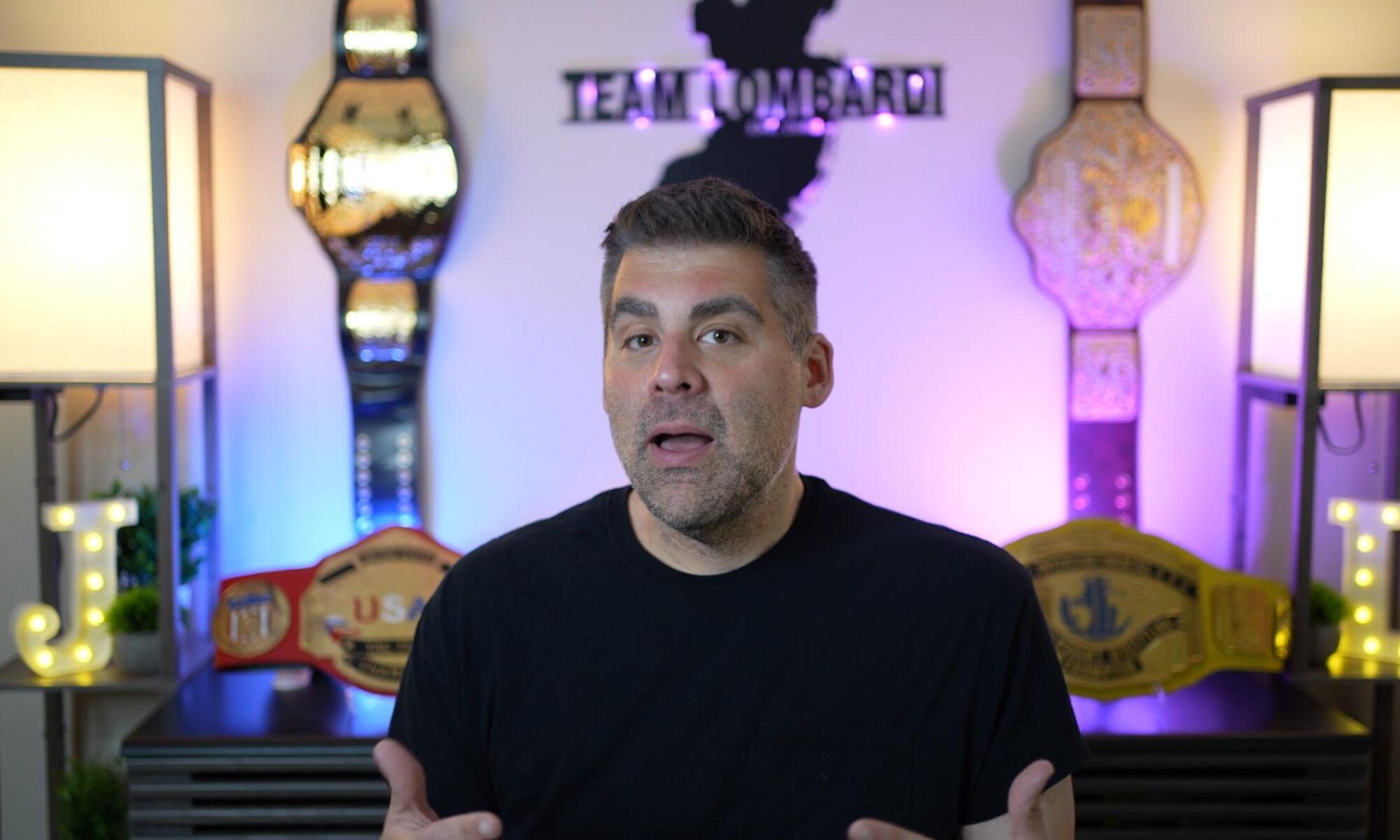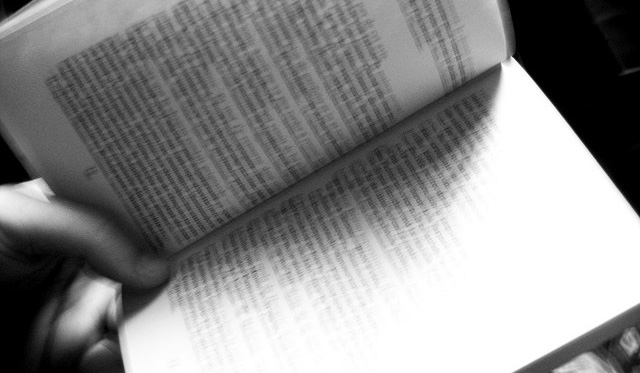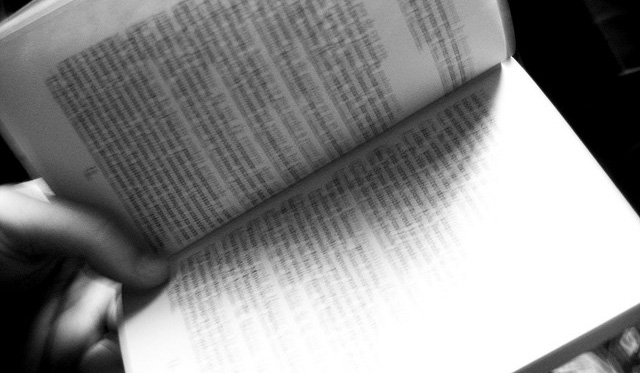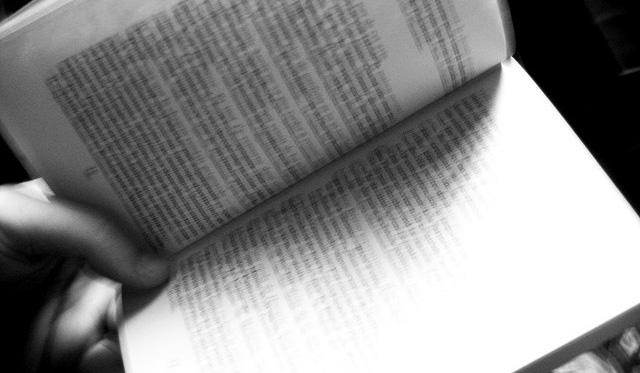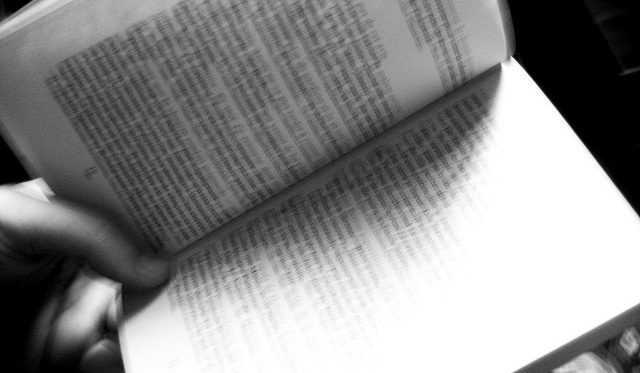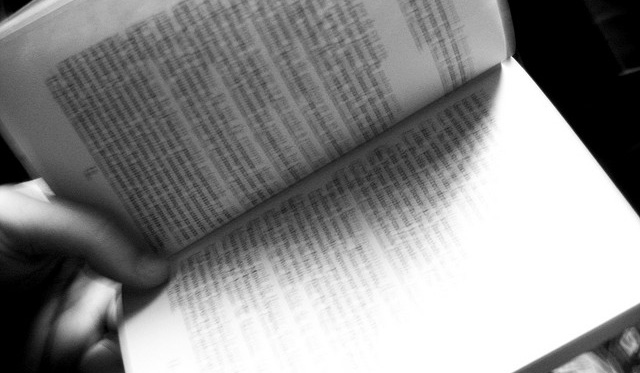
Frequent readers of this blog know I love zombies and that in my opinion “World War Z” is by far the best zombie fiction written to date (I am just getting that out of the way). That being said, Colson Whitehead’s “Zone One” is an excellent entry into the genre. It is well written, takes a unique perspective, and leaves the reader wanting more.
Whitehead has an interesting writing style. His paragraphs are dense and somewhat circular. This is not a criticism by any means but not something you see often in horror fiction (and certainly not in zombie fiction). There is an almost poetic rhythm that left me with the impression that Whitehead labored over each word. Since I tend to speed read, I found myself going over sentences a few times to make sure I got everything (bravo for making me savor the page).
The story is about recovery after a zombie apocalypse (similar to “World War Z”). Unlike WWZ, humanity is not on solid ground. The zombies are still active and the recovered areas are under siege by the undead. The main character, Mark, is part of a team that is assigned to sweep New York city. The army has already done most of the heavy lifting, but buildings and tunnels still need to be checked and cleared for repopulation. As the team clears out the buildings, they tell each other their survival stories (so readers can learn the history of the plague).
This book has a harder tone than WWZ, but it is still not as bleak as most of the zombie fiction out there. The main theme of survival is played out in a variety of ways: the characters demonstrate a clear will to live, but there is also tremendous survivor’s guilt. Most zombie fiction comes with social criticism, “Zone One” is light but Whitehead hints at an undercurrent of disgust at the reformed government’s attempt at recreating society as it was.
“Zone One” is an well written book that is less horror and more about the personal toll of surviving a disaster. If you enjoyed WWZ, I have no doubt you will like this book.
